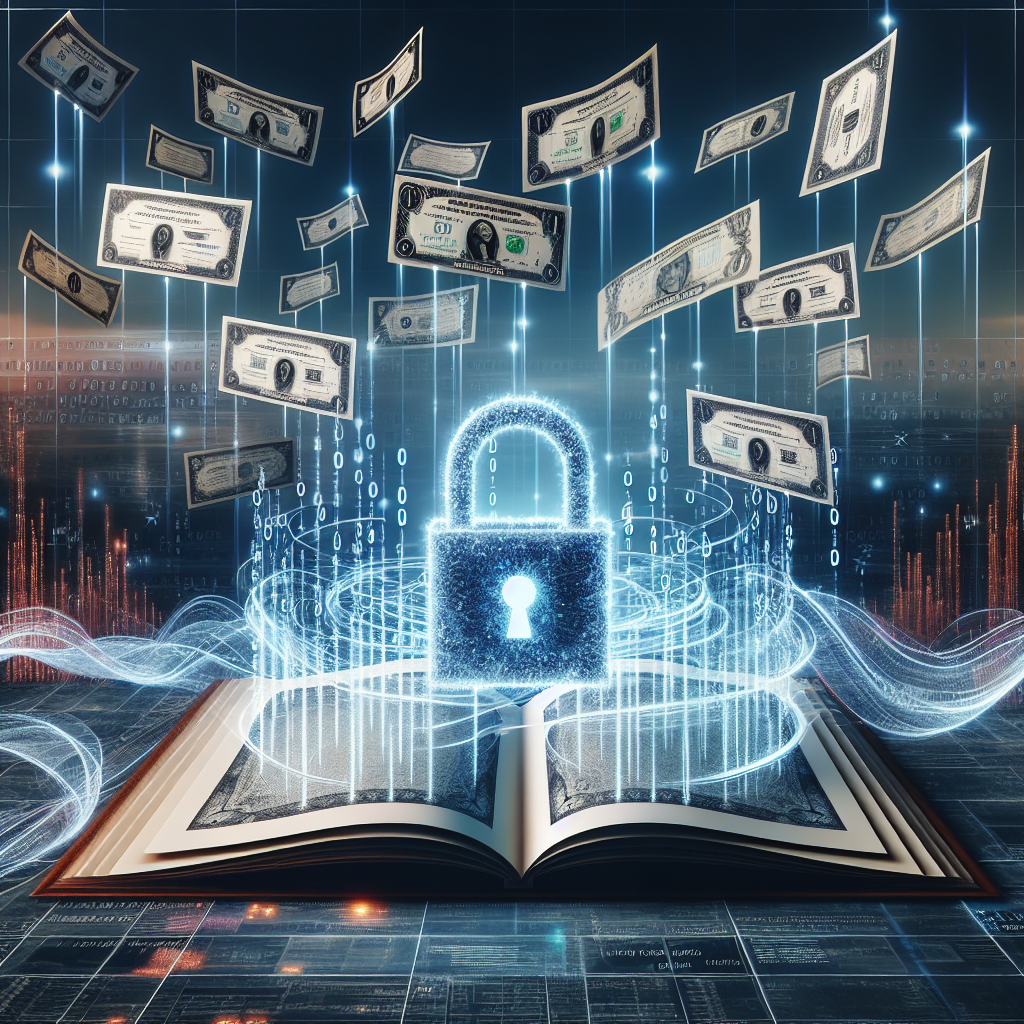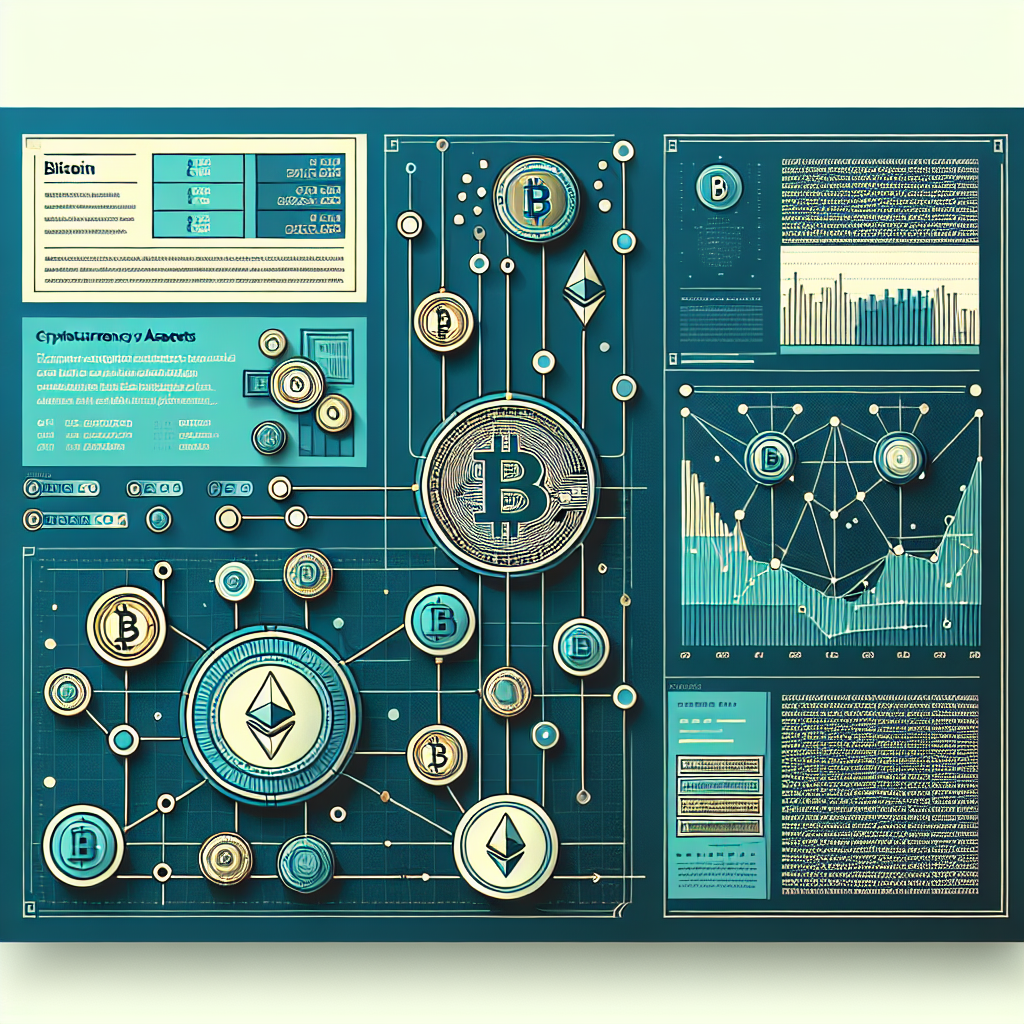Understanding the Emergence of Digital Securities
In recent years, the finance and investment landscape has begun a seismic shift, with digital securities emerging as a significant innovation, rewriting the rules of how assets are issued, traded, and managed. As this technology gains traction, it is critical for investors, entrepreneurs, and finance professionals to understand what digital securities are and why they are important.
The Basics of Digital Securities
Digital securities, often also referred to as security tokens, are financial securities such as stocks or bonds that are issued and traded using blockchain technology. They represent an investment in an asset, much like traditional securities, but they are recorded and managed on a distributed ledger.
These instruments are subject to regulatory oversight, ensuring compliance with securities laws, making them different from cryptocurrencies such as Bitcoin, which are usually not classified as securities. By tokenizing securities and using blockchain, these digital assets promise to bring numerous benefits, including increased liquidity, faster settlement times, and reduced costs.
Blockchain as the Backbone
At the heart of the digital securities revolution is blockchain technology. Blockchain is a decentralized and distributed ledger technology that ensures the integrity and transparency of a data record. It creates an immutable and time-stamped chain of records secured by cryptography.
By using blockchain, digital securities offer a more secure and efficient way to manage the life cycle of a security. Since changes to the blockchain require consensus among network participants and the data cannot be altered retroactively without detection, it provides a trustworthy system for issuing and trading securities.
Advantages Over Traditional Securities
Digital securities bring several advantages over traditional securities. First and foremost is liquidity. Traditional private securities are often locked up for certain periods and can be hard to sell quickly. Digital securities, in contrast, can potentially be traded 24/7 on various platforms, offering greater liquidity and potentially increasing the value of the assets.
Another advantage is the concept of fractional ownership. Through tokenization, investors can own small fractions of high-value assets, like real estate or fine art, which were previously inaccessible due to high entry costs. This democratization opens up new opportunities for both investors and issuers.
Furthermore, blockchain’s characteristic of being an immutable ledger reduces the risk of fraud, and smart contracts can automate and streamline compliance and regulatory processes, resulting in lower administrative costs and greater operational efficiency.
Regulatory Landscape and Compliance
For digital securities to realize their full potential, they must navigate complex regulatory frameworks. The Howey Test, for example, is commonly used in the United States to determine whether a transaction qualifies as an “investment contract,” and thus would be subject to federal securities laws. Issuers of digital securities must comply with these regulations, which can include Know Your Customer (KYC) and Anti-Money Laundering (AML) checks, as well as disclosures and reporting requirements.
Regulatory bodies around the world are evolving their stance on digital assets, so it is essential for issuers to stay ahead of changing laws to maintain compliance. For investors, it is equally important to understand the regulatory environment, as it impacts the security and legal standing of their investments.
Challenges and Considerations
Despite the promise, the digital securities sector still faces challenges. One such challenge is market adoption and the integration of digital securities into traditional finance structures. Many investors and institutions are still wary of blockchain-related investments due to perceived risks and lack of understanding.
Interoperability between different blockchain platforms is another hurdle, as there is a need for standardization to facilitate the seamless transfer of digital securities across networks. Moreover, while blockchain increases security, it is not completely immune to cyber threats, requiring robust security measures to be put in place.
Navigating Towards a Digital Future
Digital securities are set to change the investment world profoundly. The migration from traditional financial systems to blockchain-based infrastructures may take time, but progress is inevitable as the benefits become increasingly evident. As regulatory frameworks mature and technology advances, we are likely to see greater adoption and innovation in this space.
Investors should pay close attention to this transformative movement and consider the risks and opportunities that digital securities present. For entrepreneurs and finance professionals, it’s crucial to understand the mechanisms behind digital securities to stay competitive in a rapidly evolving market.
In conclusion, while the journey of digital securities is only just beginning, they are poised to offer greater transparency, increased efficiency, and broader inclusivity in the world of finance. As the markets and technology develop, so too will the opportunities they afford. As we continue to observe these changes, one thing remains clear: digital securities are moving the financial frontier forward, and staying informed is key to navigating this new digital landscape.




















